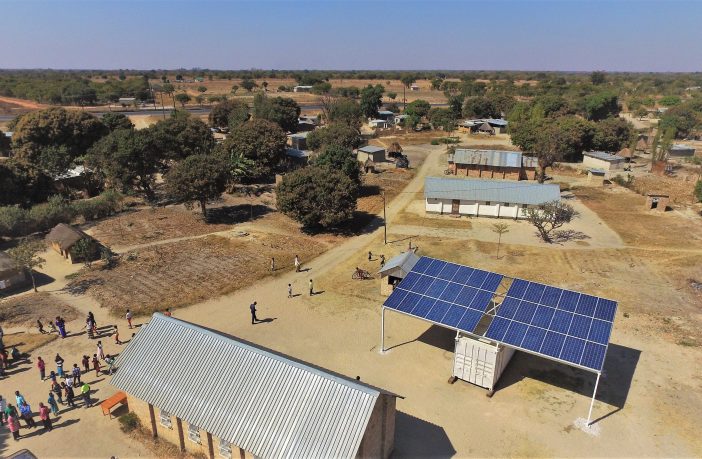- CrossBoundary Energy Access (CBEA), Africa’s first project financing facility for mini-grids, is open sourcing their approach to investing infrastructure capital into mini-grids across Africa.
Mini-grids are infrastructure. However, traditional approaches to infrastructure finance are hard to apply to mini-grids. Unlike traditional infrastructure, mini-grids are small, distributed and serve customers directly, rather than government off-takers. To finance these new and disruptive assets, the mini-grid sector needs new models of financing that allow infrastructure capital to flow into the underlying assets.
CBEA has developed a new model of project financing to enable this transformative shift in financing. To design and launch this model, CBEA worked with their partners Ceniarth, Camco Clean Energy, DOEN Foundation, Foley Hoag, Norton Rose Fulbright, PowerGen Renewable Energy, the Renewable Energy Performance Platform (REPP), Rockefeller Foundation, Shell Foundation, Standard Microgrid, and UK aid. Now, to accelerate energy access, this approach needs to be adopted more widely. However, project finance has high barriers to entry. Complex, detailed, and interlocking financial models and project contracts are required to create bankable projects.
To address this, CBEA is open sourcing the core components of its financing approach:
- A report that sets out the financing structure and guiding principles, the typical challenges and risks encountered in implementing the structure in practice, possible improvements to the model, and recommendations for investors, developers, donors, and governments. Download the report here: https://www.crossboundary.com/energy-access/open-source/
- Term sheets for the project contracts and the corresponding project finance model, which will be made available in February 2021.
CBEA is open sourcing their approach to mini-grid financing so others can use and improve on it. CBEA believes the competition this poses to its future growth is far outweighed by the potential to achieve the goals CBEA and their partners share, which is to deliver affordable and reliable power for all by 2030.
Humphrey Wireko, associate principal at CrossBoundary Energy Access, said, “We’ve seen how the Open Source movement transformed the software industry. The best innovations in software now impact far more people, and far more quickly. We believe this radical approach to information sharing can do the same for financing energy access.”
According to Matt Tilleard, co-founder and managing partner at CrossBoundary, “This approach won’t be the best for every financier or mini-grid developer. But we do think that we have created valuable intellectual property in adapting traditional project finance for the distributed nature of mini-grid assets. We believe that we will accelerate access to energy globally by proactively sharing that knowledge, and more importantly, collaborating with others to improve on it.”
“We are excited to launch the open source initiative because we see finance as one of the critical building blocks the sector needs to scale. It ensures that our funding to CBEA unlocks maximum impact and it underpins the other sector-building work Shell Foundation has supported: developers to build and operate mini-grids, the African Mini-Grid Association (AMDA) to work with governments on innovative regulation for mini-grids, and the Universal Electrification Facility (UEF) to bring in the public capital the sector needs to scale” said Emma Miller, head of mini-grids at the Shell Foundation.
Author: Bryan Groenendaal











